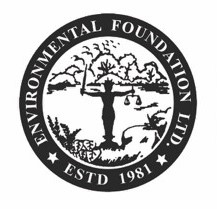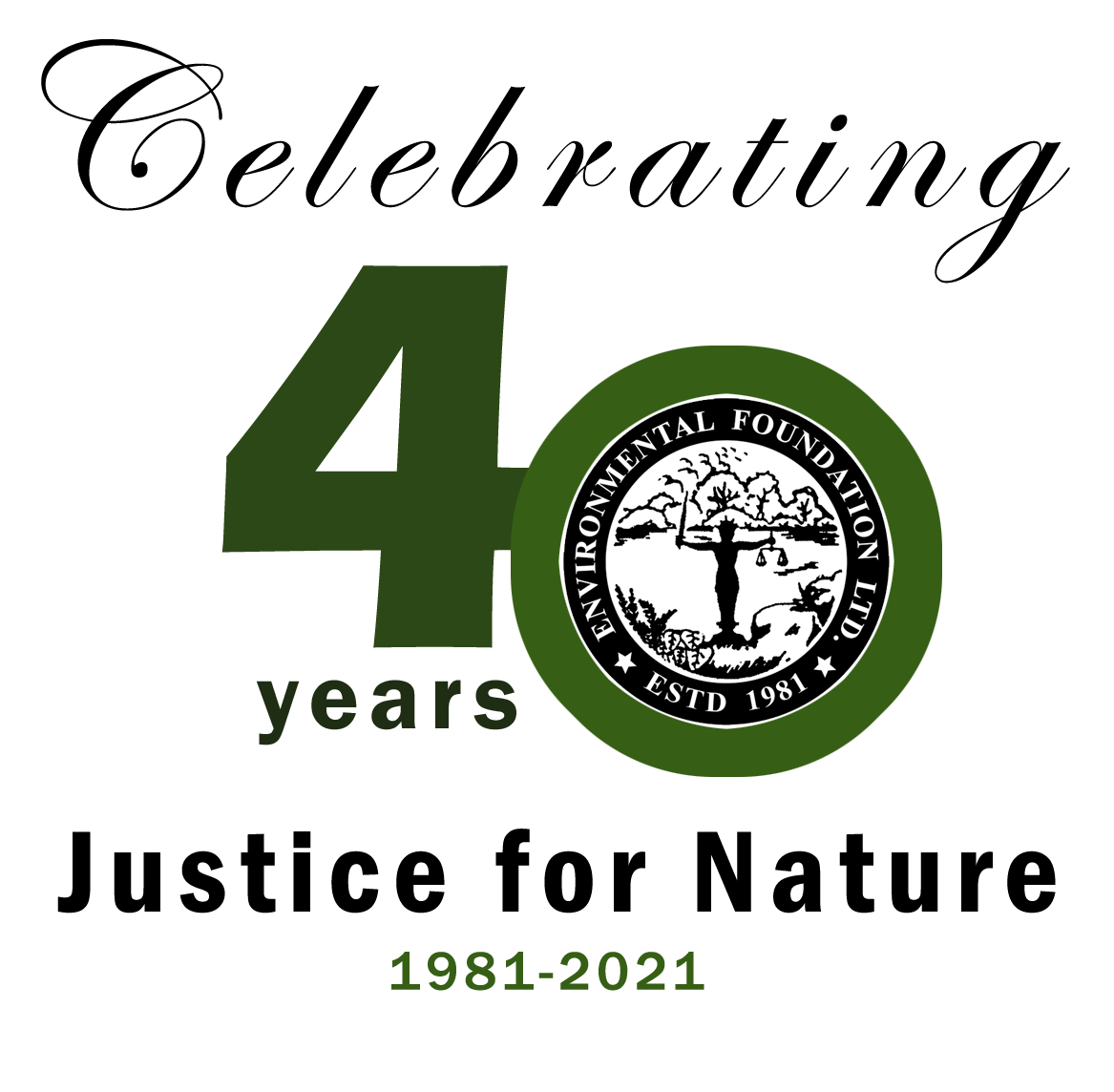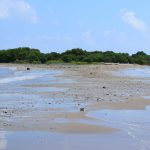Unregulated tourism poses potential threats to many natural areas. It can put enormous pressure on an area and lead to impacts such as increased pollution of water/ air, discharges into the sea, natural habitat loss, increased pressure on endangered species etc. Find out the impacts of unregulated tourism on the environment and how EFL addresses the problem so far through our legal work, investigations and scientific research projects, by clicking on the link below. Looking Through The Environmental Lens
EFL, together with the Department of Government Information held a press briefing for the state media journalists on the 7th of September 2018. The main purpose of this briefing was to educate state media journalists on current environmental issues in Sri Lanka and to broaden their perspective on the impact of these issues. At the same time, the briefing was also held in the light of encouraging journalists to give more prominence to reporting about environmental issues in order to
On the 24th of April 2018, EFL CEO Chamila Weerathunghe spoke about ‘Minimising Environmental Pollution from Lubricants in Service Stations’ at a public consultation organised by Public Utilities Commission of Sri Lanka (PUCSL) on Lubricant Market. The primary focus of the presentation was to emphasize to what extent lubricants cause environmental pollution at service stations and its subsequent public health hazards. Furthermore, Chamila demonstrated how best to minimise the impacts caused by lubricants at service stations via which methods and possible treatment
EFL had the privilege of participating in the 2nd International Conference on Climate Change 2018, held in Colombo from the 15-16th of February. Under this year’s theme, “Climate Change & Global Sustainability: Action for Bridging the Gap”, Dr. Eric Wickramanayake presented on the topic, “Forest Conservation as a Strategy to Reduce Climate Vulnerability in Sri Lanka: What to Protect and Where?”. As we all know, climate change is a significant driver affecting ecological, social, economic, and governance systems, which in turn has
Saltwater Crocodiles (Crocodylus porosus) are the most widely distributed species of crocodile in the world. In Sri Lanka, they are found in tidal rivers and marshlands in the coastal wet zone and some areas of the dry zone, and sightings in the Nilwala River have become increasingly common. These reptiles have a broad and varied diet, with juveniles preying on insects, crustaceans, and small fish, while adults prey on larger animals such as monkeys, wild boar and buffalos. On the 21st
Whether you live on the border of a forest or in central Colombo, the destruction of our natural resources affects us all. It is the responsibility of Sri Lanka’s citizens to protect and ensure that our country’s forests and wildlife are managed wisely; it is our responsibility to hold those who have committed to the care and conservation of our natural resources accountable. Deforestation is presently taking place on the legally declared Forest Reserves of Maraichukkaddi-Karadikkuli (Kallaru Forest), Vilaththikulam and Veppal,
The Knuckles Conservation Forest is a UNESCO World Heritage site and due to its diverse natural vegetation, which includes lowland rainforests and montane forests, the records a very high and unique level of biodiversity. It contains charismatic species such as the Knuckles pygmy lizard, Knuckles rock frog, leopards, and elephants. Despite its importance, vital areas of the Knuckles Region have become degraded due to human activities such as encroachment, illegal logging, land clearing, tea planting and cardamom cultivation. The buffer
The decision to exclude coal from Sri Lanka’s Least Cost Long Term Generation Expansion Plan (LCLTGEP) 2018- 2037 by the Public Utilities Commission of Sri Lanka is not only a massive victory for the environment, but also a win for good governance in Sri Lanka. Sri Lanka’s interest in building coal power capacity and establishing new power plants was a myopic and regressive in light of the global shift away from coal power, even in heavily industrialized countries such as China
Environmental Foundation (Guarantee) Limited filed a Fundamental Rights application in the Supreme Court (SC (Ref) No. 243/2017 pending support) objecting to the illegal disposal of solid waste in the Muthurajawela sanctuary, the Kotikawatta Garbage Disposal Site and several other locations, on the 14th of July 2017. The respondents for the case include, among others, the Central Environmental Authority, the Ministry of Provincial Councils and Local Governments, Colombo Municipal Council and Urban Development Authority. The grievances highlighted in the petition include
The Hakgala Strict Nature Reserve is nestled in the Central Highlands, covering 1142ha of land in both the Nuwara Eliya and Badulla districts. The upper montane rainforests of the reserve are rich in biodiversity, with 40% of woody plants being endemic. These pygmy forests house endemic species such as the highland grey slender lorris and purple-faced langur, as well as Sri Lanka’s apex predator, the Sri Lankan leopard. This protected area is also a catchment for the Uma Oya, which





